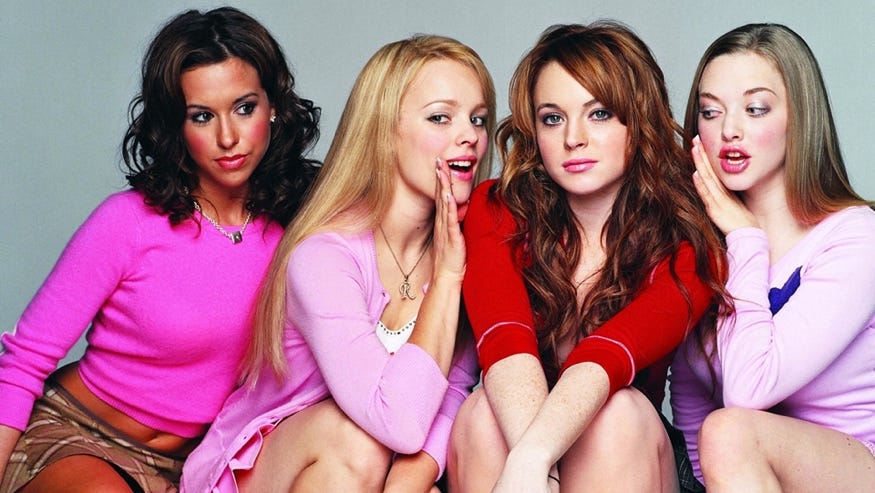Where’d all the milkmen go?
How companies like Circla and Loop are reviving an old business model to combat plastic pollution
A trip down mammary lane
Ahh the milkman. The symbol of a bygone era. The steadfast guardian of simpler times.
And the provider of many an infidelity joke…
In their heyday, milkmen numbered 40,000 in the UK and 1/3 of American households got their daily fix of lactose from the milkman.
Even James Bond couldn’t stay away: Sean Connery was a (no doubt very suave) milkman before becoming 007.
Crying over spilt milk. One dissatisfied customer takes his complaint a little too far
The rise of supermarkets signalled the beginning of a steady decline for milkmen, who found themselves unable to compete with the low prices of retail giants. Now there are fewer than 4000 milkmen in the UK, most running infrequent routes serving an elderly, rural clientele.
But the milkman’s struggle isn’t just regrettable for nostalgic reasons; it’s part of a transition away from a closed-loop economy to a linear one, which has left us drowning in a sea of single-use plastic.
War on plastics
No, not the Plastics.
All avid David Attenborough fans (ie. everyone) will know the statistic: by 2050 there will be more plastic than fish in the ocean.
And -- even though recycling is a great way to assuage our guilt -- most plastics can only be recycled once or twice before their quality degrades and are sent to landfill or incinerated.
So, recycling is all well and good, but it is not a solution to the plastic problem. It’s a bit like botox -- it may get rid of wrinkles, but it doesn’t stop you getting older.
The real answer lies in reducing consumption of single-use plastic, the drive towards which has created a space for new businesses to emerge.
Milkman for X
The milkman business model is alluring for FMCG companies wishing to target eco-conscious consumers. Containers can be made from sturdy materials that may be reused 100s of times. Happy days.
London-based Circla is one startup jumping on the bandwagon with beauty and healthcare products. Their mission is to make so-called ‘conscious purchasing’ easy by offering a collect-and-refill service for products such as shampoo, soap and toothpaste (recommended by 9 out of 10 dentists!).
Other services -- such as Loop -- are piggybacking on the growth of online food shopping, where sales are expected to grow at a CAGR of 29% to $630bn by 2024.
Loop ($6.7m raised to date) has partnered with major retailers: Kroger and Walgreens (in US), Carrefour (France) and Tesco (UK) to trial their zero-waste retail delivery service. They offer household name brands (think Heinz, Coke, Oral B etc) which provides an extra competitive edge; consumers know and can trust these products.
Can the economics work?
Every business has its pros and cons, and the modern milkman is no different.
Let’s start with the good. What I like:
Long-term relationship with customer through subscription
Predictability -- with both cashflow and inventory
Organic virality -- a novel concept like this is likely to be talked about; free advertising
Expansibility (if that’s a word??) -- easy to add new products and ‘upsell’ your service
Owning the packaging -- bottles and other containers can be classified as a long-term asset on the business’s balance sheet and depreciate it over time, reducing taxable income per year
And the not so good:
Logistics -- the delivery, collection, cleaning and refilling: a logistical nightmare, and likely an expensive one too
Location dependent -- the model works best in densely-populated urban areas (Circla, for example, only operates in central London)
Owning the packaging -- yep, tax incentives aside, incurring a cost if containers are damaged/misplaced is a bummer (asking for a deposit is the less-than-ideal way around this)
Zooming out: a look at the secondary opportunities
Just as the iPhone facilitated the rise of related industries, such as mobile app development and phone cases, I see some tangential business ideas that can flourish as ‘milkmen’ see a resurgence.
Looking at outsourcing parts of the logistics side of the business is a good place to start. For instance:
Sell pickaxes to goldminers: start a container cleaning company so that companies can outsource this part of the process; or even own the containers so that FMCG companies assume less risk and can scale quicker
Software: Bring the milkman into the 21st century. Design an app that lets customers place/cancel orders and track delivery/collection of items in real time
Alternatively, you could approach the single-use plastic issue from a different angle:
The package deal - biodegradable/bioplastic packaging: Dutch startup Nuud, for example, make deodorant in a compostable sugarcane tube. This avoids the whole delivery service hassle altogether, but it’s often not clear for consumers what to do with the packaging after use
Or you could just sit at home and relax, safe in the knowledge that the reliable old milkman is making a comeback.
Weekly snippets:
Lab-grown chicken? Lab-grown meat takes a big leap forward as Singapore becomes the first country to approve the sale of lab-grown chicken. My 2 cents? Ain’t got a bone to pick with that one.
All hail: Ride-sharing services Uber and Cabify are among the latest companies to join Amazon’s ‘The Climate Pledge’.The commitment will see them implement high-impact changes to operations and reach net-zero by 2040, a decade ahead of the Paris Agreement’s target.
Wink wink; nudge nudge: UK government launches ‘secret’ nudge unit to encourage green behavioural changes. It’s part of a government commitment to reduce carbon emissions by 68% over the next decade. It is hoped that the not-so-secret secret unit will persuade people to drive less, cut meat consumption and forget about Brexit negotiations. OK, maybe not the last one.
Enjoy what you've read? Hit subscribe below for weekly articles, straight to your inbox:





